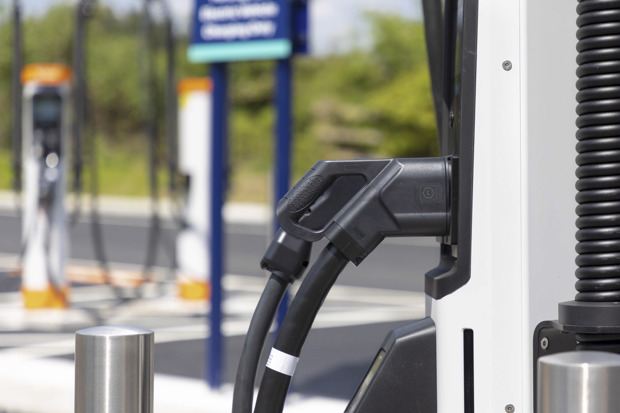UK charging network at risk from £100m tax hit

EV charging could become more expensive and some sites could even close as the charging industry faces the risk of a £100m business rates tax bill.
The Guardian reports the government is considering making public charger operators pay business rates for the first time, which could hit as many as 64,000 parking bays beside chargers.
While business rates are paid on most commercial properties in the UK, charging bays have not yet been added to the list of rateable properties.
The Valuation Office Agency has told the charging industry this will change from April 2026, reports The Guardian.
It could even be backdated to 2023.
The forecast £100m cost to the industry means EV charging prices would have to go up – lobby group ChargeUK says it could add up to £300 to the annual charging bill of electric car drivers.
There are currently around 86,000 public chargers in the UK, an 18% increase during 2025 alone.
"We have built ahead of EV uptake," says Ian Johnston, chief executive of Osprey Charging.
"Large, high-power hubs in certain regions of the Midlands and north of England are more likely to be loss-making."
Johnston says Osprey Charging could consider both closing some sites and slowing down investment because of the extra costs.
ChargeUK is now urging the government to continue exempting the bays, given its desire to promote the uptake of EVs. This, explains The Guardian, would require action in the budget on 26 November.
"The cost pressures the sector are being are tough, with business rates threatening to be the straw that breaks the camel’s back," says Vicky Rad, ChargeUK chief executive.
"We need government intervention to remove this unexpected burden, alongside action to address sky high standing chargers and inequitable VAT."

